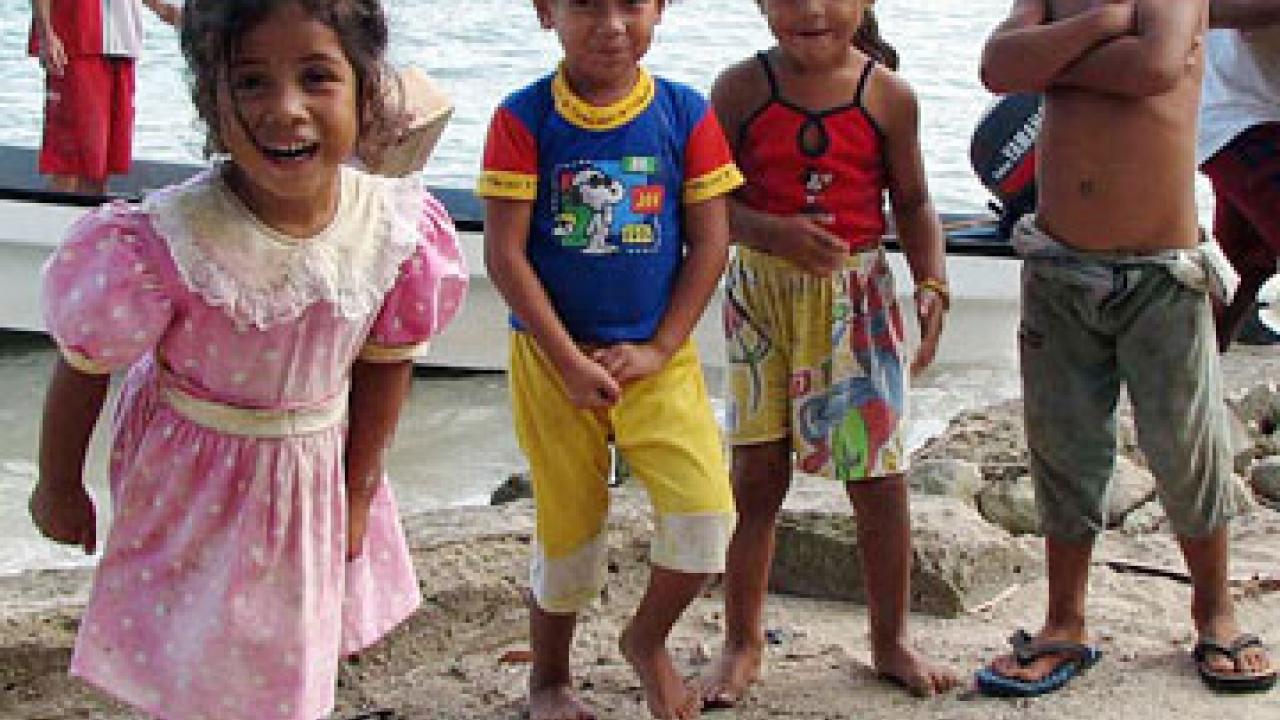A daylong conference on Saturday will consider the plight of people like Maria Teresa Moreno, one of the world’s newest class of migrants: those driven from their homes by climate change.
In August, tropical storm Alex flooded her house, which sits alongside the Rio de la Silla in a lower-class barrio in Monterrey, Mexico. Because climate change is expected to bring more storms and floods, the federal government has told her to move her family to higher ground.
There are millions of Moreno families. Researchers at the International Organization for Migration estimate that by 2050 there will be 200 million people — 1 in 45 — who have left their birthplaces because of the impacts of global climate change.
“We can already see the direct and indirect effects of climate-related change on the globe’s human population, including civil conflict, widespread resource scarcity, and inflation,” said UC Davis sociologist David Kyle. “This sparks migration, displacement and resettlement, which affect global health conditions.”
For example:
• When northwest Pakistan flooded last summer, it worsened the plight of an estimated 2 million people who had already run from conflict in the region. The floods caused further displacement, violent conflict over resources and poor health conditions.
• In Darfur, prolonged environmental degradation combined with ethnic and political strife led to a humanitarian crisis that has displaced approximately 2.6 million people. Most live in refugee camps plagued by food insecurity, unclean drinking water, cholera outbreaks and widespread sexual violence.
• In Mexico, according to a new study, as many as 6.7 million people might look north to the United States for refuge by 2080, as climate change damages food crops.
“The complex global implications of environmental change for mobility patterns, civil unrest and public health are enormous and poorly understood,” Kyle said. However, a new UC Davis academic center has begun to frame the questions and look for answers.
Funded by an endowment from John P. and Mary Louise Gifford, the Gifford Center for Population Studies examines the issues at the intersection of human migration, environmental change and global health. Kyle is its executive director.
On Saturday, Feb. 26, the center will celebrate its official launch and host the second annual University of California International Migration Conference.
The conference, co-sponsored by the UC San Diego Center for Comparative Immigration Studies, is an opportunity for faculty members and graduate students from nearly every UC campus and several disciplines to discuss their current migration-related research among themselves.
In addition to climate change, the many issues on the day’s agenda include: U.S. readiness (or not) for environmental migrants; the deportation of long-term U.S. residents to Mexico; the constitutionality of local sanctuary ordinances; and violence against refugee women during wartime.
Media Resources
David Kyle, UC Davis Gifford Center for Population Studies, (530) 752-1582, djkyle@ucdavis.edu
